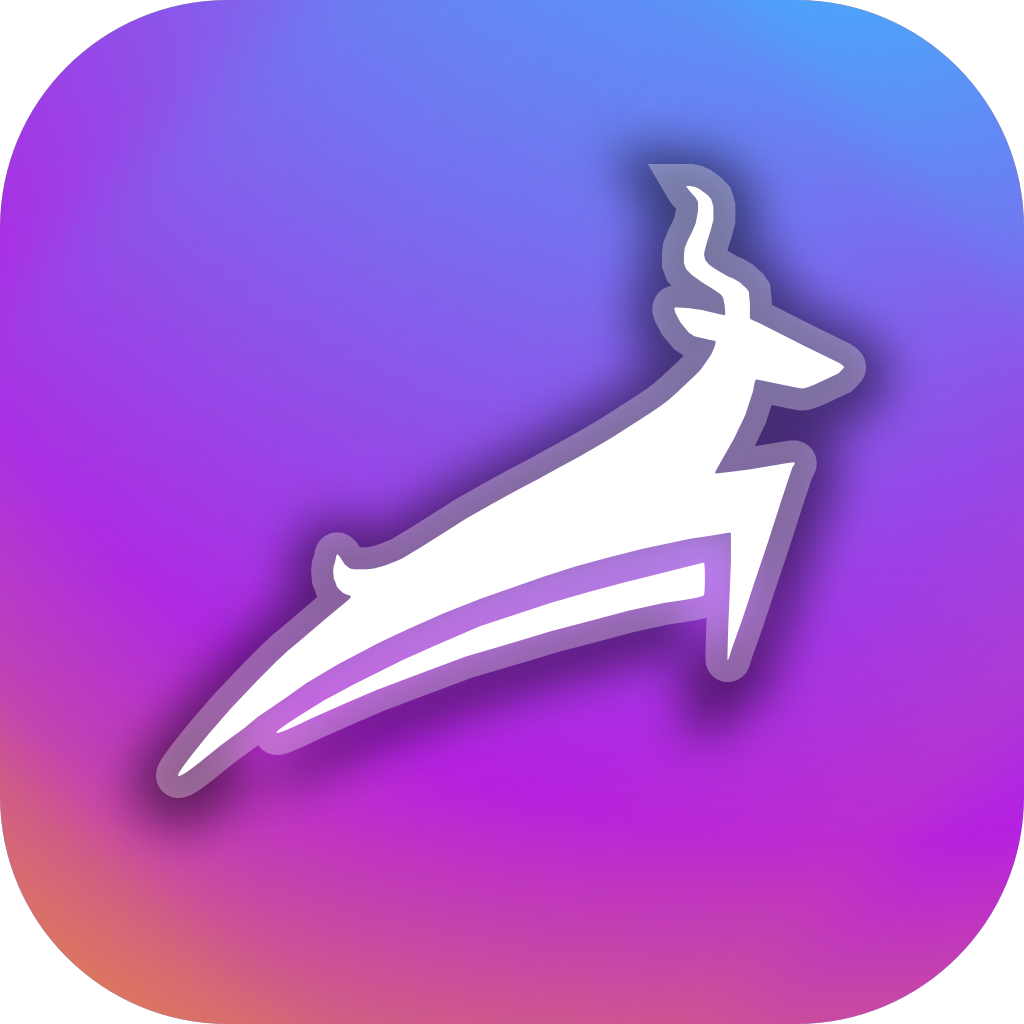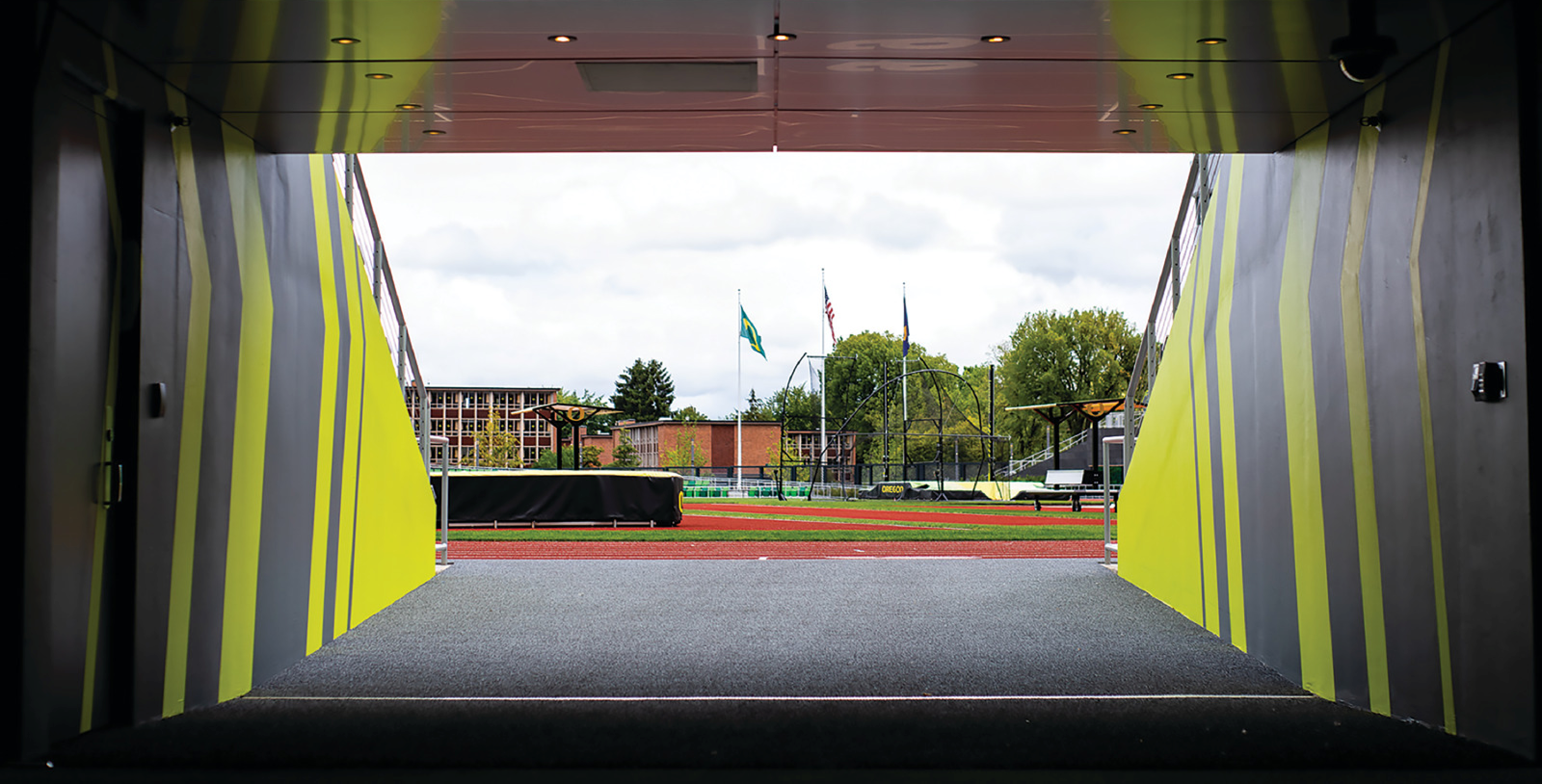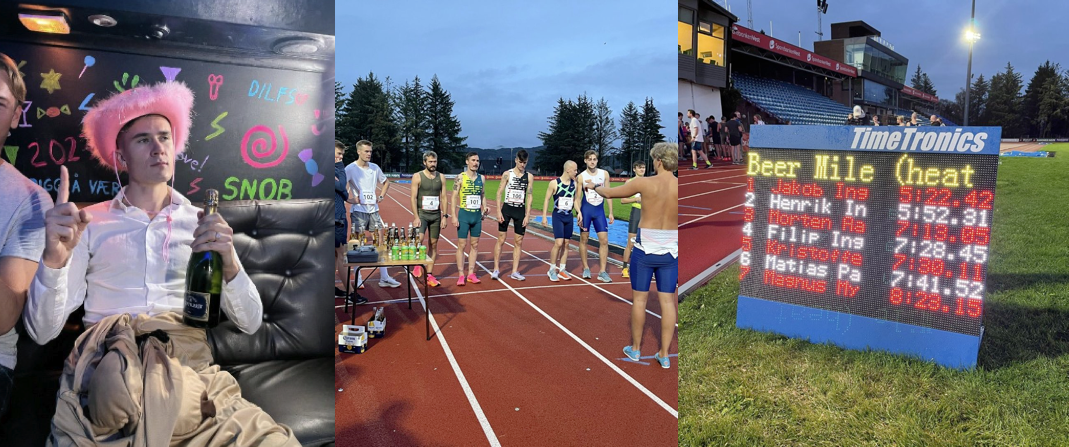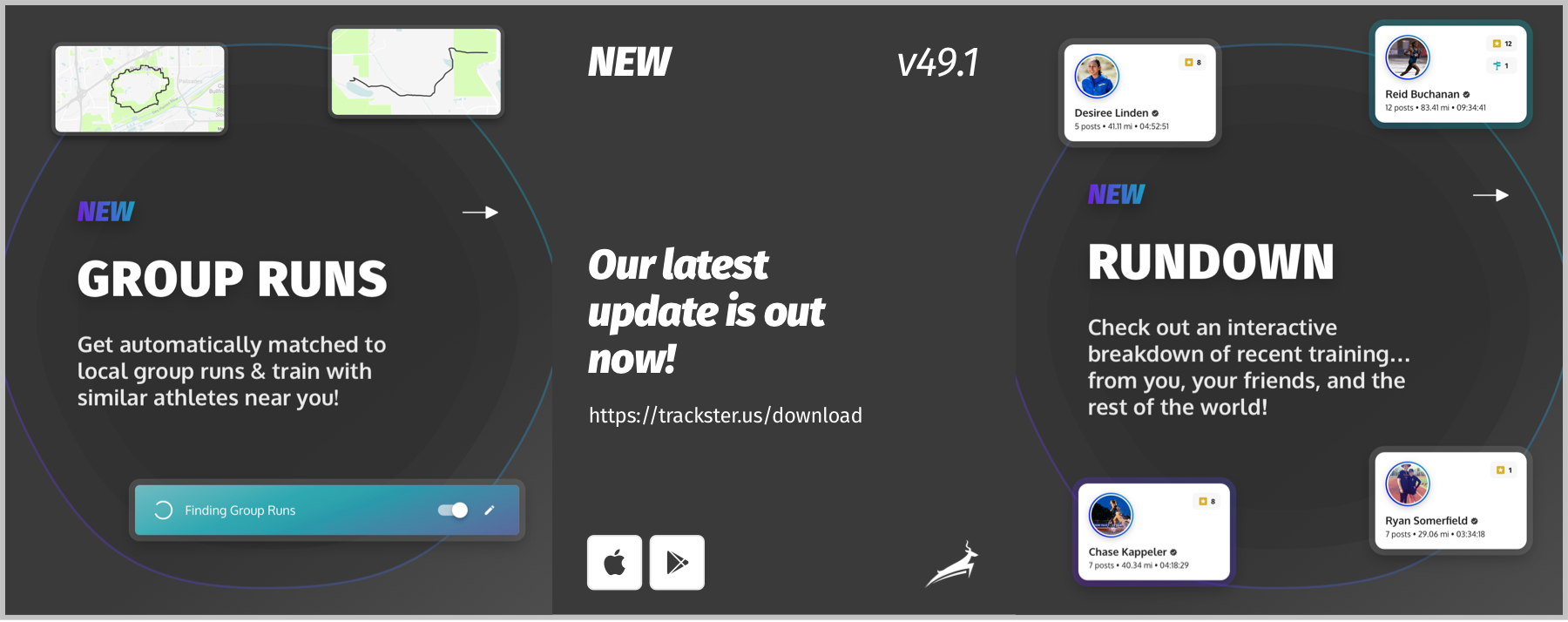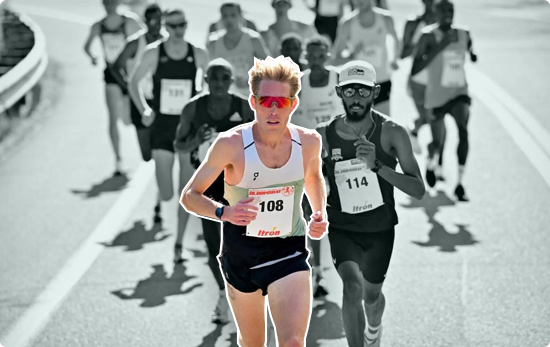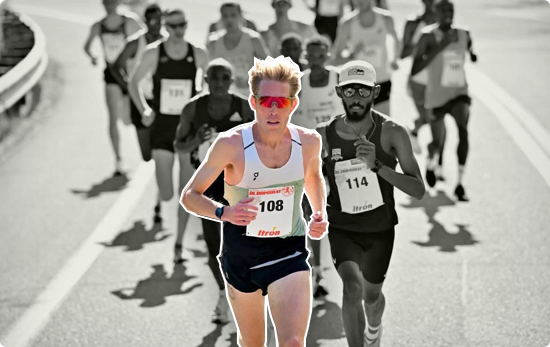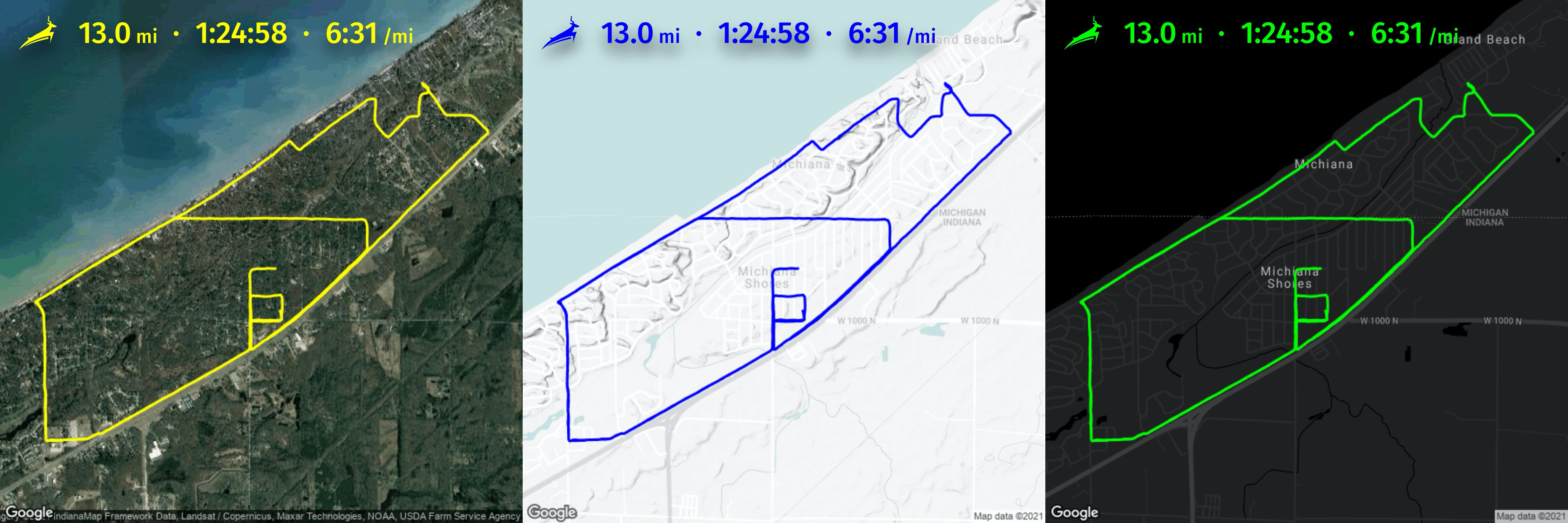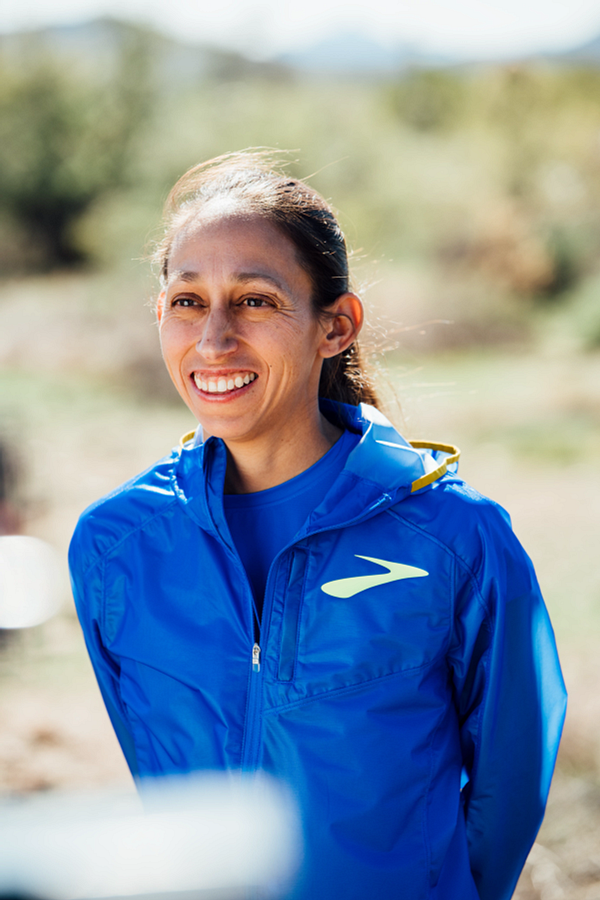Coach's Corner•Aug. 14, 2020, 6:32 p.m. • 66
The Key is How We Use Fear as a Motivator
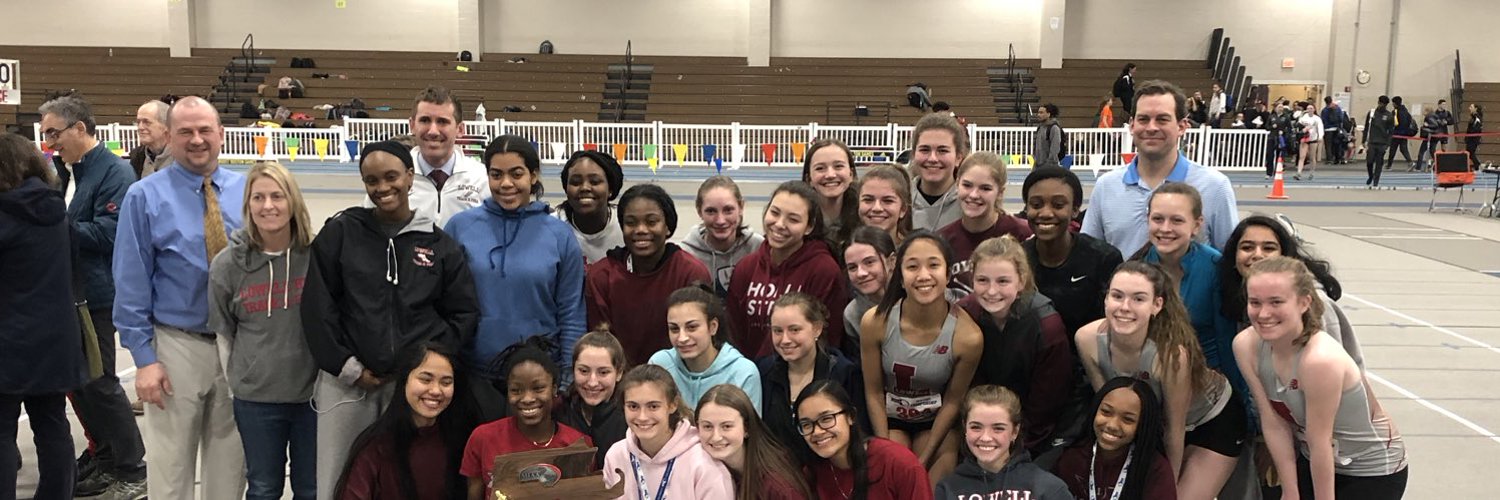
Over the last couple decades, Nate Kraft has been one of the most successful coaches in Massachusetts high school cross country at Northampton and Lowell High Schools. Below, Coach Kraft gave us his thoughts on the struggle of coaching during this turbulent time, what coaches have inspired him, how the Trackster app helps his team, and much more!
What has the hardest part about coaching during the COVID-19 Quarantine been?
The hardest part about coaching has been the uncertainty. When we first shut down in March it was only for two weeks. Then it was moved to the first week of May. Then the outdoor season was cancelled. It was really difficult to help the athletes continue to train when we didn't know what we were training for at the time. I felt awful for those seniors who lost their outdoor season as we were building towards some good things for them off of the winter. As we have moved through the summer, we are still facing uncertainty over what the cross country season will look like. We have already had our start date pushed by a couple of weeks and are still waiting for further guidance from the state. This is tough on our athletes to continue to train without knowing what we will be having for a season.
How did you get into coaching? Who were some coaches that inspired you?
I got into coaching because the school where my wife taught needed a coach for indoor track. They asked her and she volunteered me. It worked out well.
For coaches who inspire me I'd start with my father. He was a college basketball coach when I was little so I grew up in an athletic environment. My high school track coach, Jeff Bradley, was instrumental in developing my love for the sport and helping me grow as an athlete. He also gave me insights into coaching throughout my career. My college coach at Bucknell, Art Gulden, really brought out my best as an athlete and I was able to take a lot of his lessons into my coaching career. In addition, I am fortunate to have worked with amazing coaches throughout my time as a coach who inspire and influence me.
What are some lessons you've learned as an athlete that you try and impart to the people you coach?
One of the biggest lessons I learned as an athlete that I pass on to the people I coach is that this sport has ups and downs. How we respond to them is what makes us a better athlete and a better person. The ability to bounce back from disappointment is a great life lesson that you can learn from running.
Another lesson that I try to pass on is how to deal with fear. Every athlete has that little bit of being afraid when stepping on the line. Am I ready for this? What if something goes wrong? What if the race goes out too hard? Too slow? One of the ideas I like to communicate to my athletes is that everyone has the same feelings. I will often tell them stories of my thoughts before certain races I did. The key is how we use fear as a motivator. I don't like the idea of "squashing fear" or "burying your fear" because then it can come back when you don't want it around. But if we use it as a way to help us to mentally think about the task at hand then the fear becomes useful to us and can help us to perform our best.
What is your go to, bread and butter cross country workout that you like to assign your team?
This depends a lot on where the championship meets will be held, but I love repeat 800s or 1000s. Different courses require being broken up into different segments mentally. So even if we are at Shedd Park (where we train) we can simulate how we break up the championship course. So some years it may be 800s and other times 1000s. We can do these at a tempo or interval pace, flat or hills (or both) and can get a lot out of the workout to prepare us for the end of the year.
Most under appreciated training advice?
Listen to your body and communicate. I think sometimes, especially for young athletes, it is tough to know the difference between soreness, injury and just hurting during a workout or race. That is where a coach can help. Speak up to your coach about how you are feeling. When athletes do that I can individualize their workouts more and help them to be better when the races count. Without communication, it is almost impossible to help my athletes achieve their best.
Finally, how has the Trackster app helped you and your athletes?
Trackster has been especially important in our summer training and during the COVID-19 Quarantine. Our athletes can post their runs and some comments and the coaches are able to check in on them. If something crops up, the feedback is there in Trackster and we can reach out to them. I post my daily runs there as well with insight. I think there is comfort there when they see a comment like "Wow, that run was a struggle" from me so when they have a tough run by themselves they know they aren't the only ones.
